Today we thank Shonda Rhimes for bringing color blind casting to television when she casts a diverse array of ethnicities in lead roles on her shows. But she didn’t invent the idea. On our visit to the Autry Museum of the American West I was reminded of a show I used to watch on television but that disappeared too quickly (I didn’t then know why) and didn’t reappear in reruns as much as the more successful, longer-running program also created by the same writer (Bonanza).
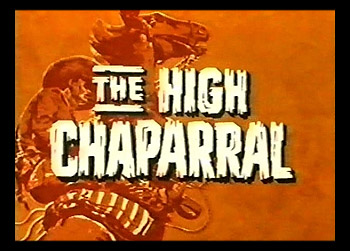
The show I only vaguely remembered was The High Chaparral – the story of a Mexican woman married to a man of European descent (then controversially considered an inter-racial marriage) who owned a rancho in the West post the Civil War. I remembered it for its diverse cast and honest portrayal of the discrimination played out against minorities in the West.
Special Projects Archivist Mallory Furnier wrote the blog post, “Casting Actors as People” highlighting the archives of The High Chaparral in the David Dortort Archive, where she noted:
“Though The High Chaparral faced untimely cancellation, its four seasons embodied a step away from tired, inaccurate stereotypes and a movement toward greater respect for actors and characters, regardless of race. As a June 16, 1970 NBC memo instructed, “let’s cast actors to play people and, in so doing, give the ‘minorities’ a break.”
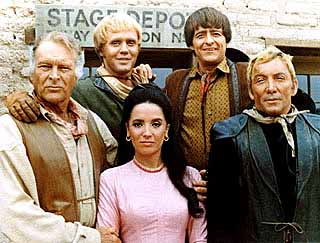
In a second blog post, “Finding Aids and Places”, Furnier discussed her trip to the Old Tuscon Studios in Arizona, site of some of the exterior filming of the show.
As always, I found it fascinating to wander around in the papers (old, handwritten first drafts of scripts, typed rewrites ready for production meetings, cast lists, shooting schedules, etc) and see the inside ideas of a show I had only seen from the outside all those years ago.
One of the papers was even a 1971 letter to Dortort from then U.N. Representative George H. W. Bush saying he sympathized with the producer over the cancellation of such a quality show and would do what he could to communicate that to those who had made that decision. Fascinating.
Listen to the High Chapparal Theme Song.

High Chaparral Script Cover
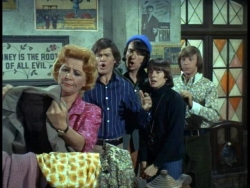
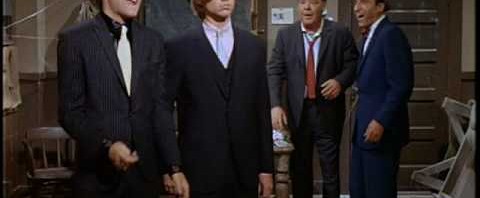

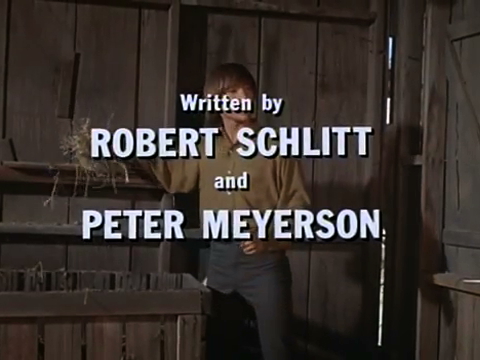
![Diane Sawyer’s Obituary to Davy Jones 2012 [Video]](https://rosannewelch.com/wp-content/uploads/2016/02/davey-jones-abc-857x198.png)
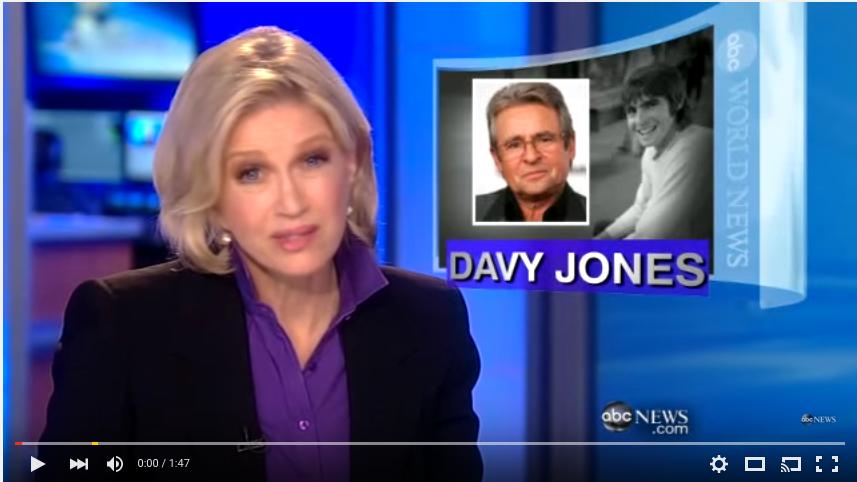




![Mickey’s Masculine Choices from How Doctor Who Redefined Masculinity [Video Clip] (1:00)](https://rosannewelch.com/wp-content/uploads/2016/02/dw-masculinity-14-mickey-choices-anim-480x198.gif)
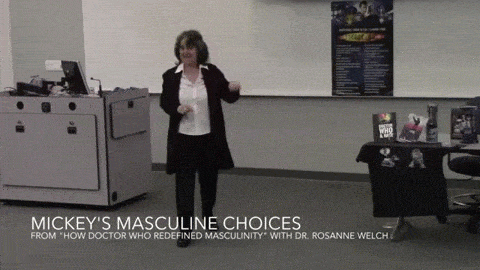
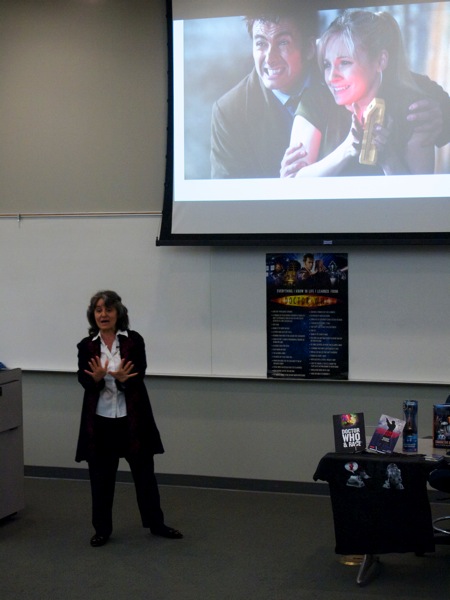
![Mickey Smith and Martha Jones from How Doctor Who Redefined Masculinity [Video Clip] (0:38)](https://rosannewelch.com/wp-content/uploads/2016/02/dw-masculinity-13-mickey-smith-anim-480x198.gif)
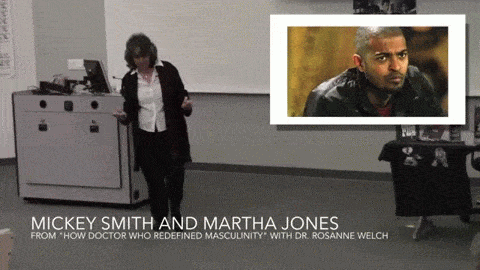
![Dr. Rosanne Welch talks “The Monkees” on the Zilch Podcast [Audio]](https://rosannewelch.com/wp-content/uploads/2016/02/Zilch48-940x198.jpg)
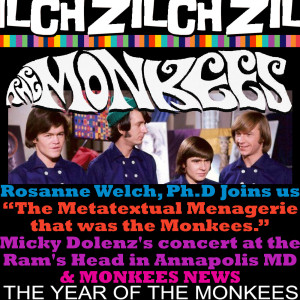
![The Doctor As Family Man from How Doctor Who Redefined Masculinity [Video Clip] (0:51)](https://rosannewelch.com/wp-content/uploads/2016/02/dw-masculinity-12-family-man-anim-480x198.gif)
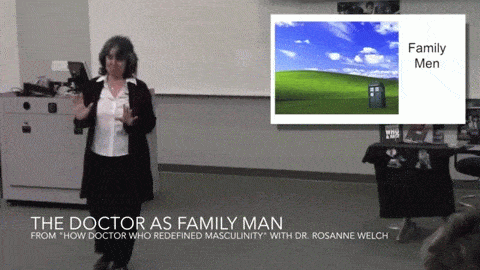
![Captain Jack and Danny Pink from How Doctor Who Redefined Masculinity [Video Clip] (1:00)](https://rosannewelch.com/wp-content/uploads/2016/01/dw-masculinity-11-jack-danny-anim-480x198.gif)

![Captain Jack and Modern Masculinity from How Doctor Who Redefined Masculinity [Video Clip] (0:48)](https://rosannewelch.com/wp-content/uploads/2016/01/dw-masculinity-10-captain-jack-anim-480x198.gif)
